A partially planned photo taken when the street sweeper turned around at just the right moment and in focus
“Please move along,” the man said. I had wanted to photograph the door he opened, of the brownstone on the Upper East Side of Manhattan, along a quiet residential street on an afternoon that signaled spring. It had one of those giant brass knobs in the center, against a forest green solid wood background, and if it had been round and set into a hillside I would have been sure that Bilbo Baggins the hobbit resided within. Somebody went to trouble with this entryway to communicate class. I actually mumbled something or the other about how the door was interesting, but that had no discernible effect. Unless the guard — what other role might he have had? — coincidentally happened to be about to walk outside, he must have been on duty and aware that a miscreant was pointing a camera at the property he was protecting.
“I’m going to have to ask you to move along,” he repeated. He did not have to add anything about my not wanting to make him come out there, to make his point.
He was burly, Caucasian, early 30s, in a tight fitting suit, with crew cut hair. I believe he was wearing one of those earpieces you see not only in movies but in reality, though my perception of that detail might have been inspired by the weirdness of the encounter. I did as I was told. There are other doors in the world. I was tempted to loop back with my cellphone to take a snapshot. That seemed unwise.
Perhaps the owners of the property were just especially sensitive about their privacy. If only I had been shooting a digital camera set to full automatic mode, I would have been able to squeeze off a shot. But on my Contax G2 I had to fiddle with the exposure compensation dial because of the shadows in the scene. I fumbled the opportunity.
Even though I had loaded black and white film, I have learned what countless others have before me. Many, if not most, vivid colorful scenes turn out to have as much character, even more, rendered in fine greyscale.
The week before, I had exited the Washington Metro subway, seen a man playing a ukulele, dropped a dollar into his bucket, and tried to take a photo. The busker, dark complexioned, bundled up against the cold, waved me off. He had one of those faces that I like to see, with sharp angles and signs of wear, bearing pockmarks suited for portraiture.
In that instance, I was resentful. I reasoned that I had tipped him, which meant we had a bargain in my mind at least, and he was in a public space anyway. Then I immediately felt guilty about my general privilege and inappropriate presumption, remembering the episode of the Seinfeld television show in which the always boorish but never boring George Costanza attempted to retrieve the dollar he had dropped into the gratuities jar when the barista turned away, so he could be seen by the worker bestowing his largesse.
The musician shook his head vehemently despite showing a smile. Actually, people who study smiles inform us that to reveal your teeth in that manner suggests everything from aggression to fright to madness, but not, in general, happiness.
Since then more than once, I have heard the distinctive melody of this performer. As I have ridden the long escalator from the Brutalist stations underground, anonymous among commuters and tourists in the nation’s Capitol, I have contemplated sneaking a picture as I scurry by in the crowd. My wife has scolded me for stalking the poor fellow. She has added without stereotyping but with sympathy that he might have some reason to not wish to have his image captured. He certainly deserves greater consideration than a door. I have left him alone.
It is for these photographic possibilities, however, as I pass people going about their business, that I carry a camera at all times. There is so much to be documented that is intrinsically ephemeral.
Yet these moments of protest against photography have been compelling in their own right. By definition, when I was unable to take the photo, I have nothing to show for it. I can, however, save the moment in a memory that is not private, fragile, and hence hardly deserving the title. I can write about what I witnessed. That is a worthwhile genre of photography: the absence, the omission, the mistake, or, if one wishes to be literary, the lacuna. This alternative means of recording, then sharing, an experience constitutes an experiment. Although words cannot reproduce what a photograph can, they can render something else; they generate a new original for the reader, complete with a personalized graphic.
There are so many people, even our families who suffer our equipment in their faces, who are reluctant to have their photos taken. Everyone who fancies himself a “street photographer,” a term that has descended, like “foodie” into caricature if not buffoonery, exploits others to an extent. Even if we are not gawking at the suffering around us, recording it rather than reducing it, perhaps we are perpetrating a bit of wrong.
I remind myself to be sensitive. Photography must have ethics to it, beyond etiquette. The risk of this technology is not that, as myth would have it, we will steal the souls of our subjects, but that we will surrender the souls of our selves.
Share this post:
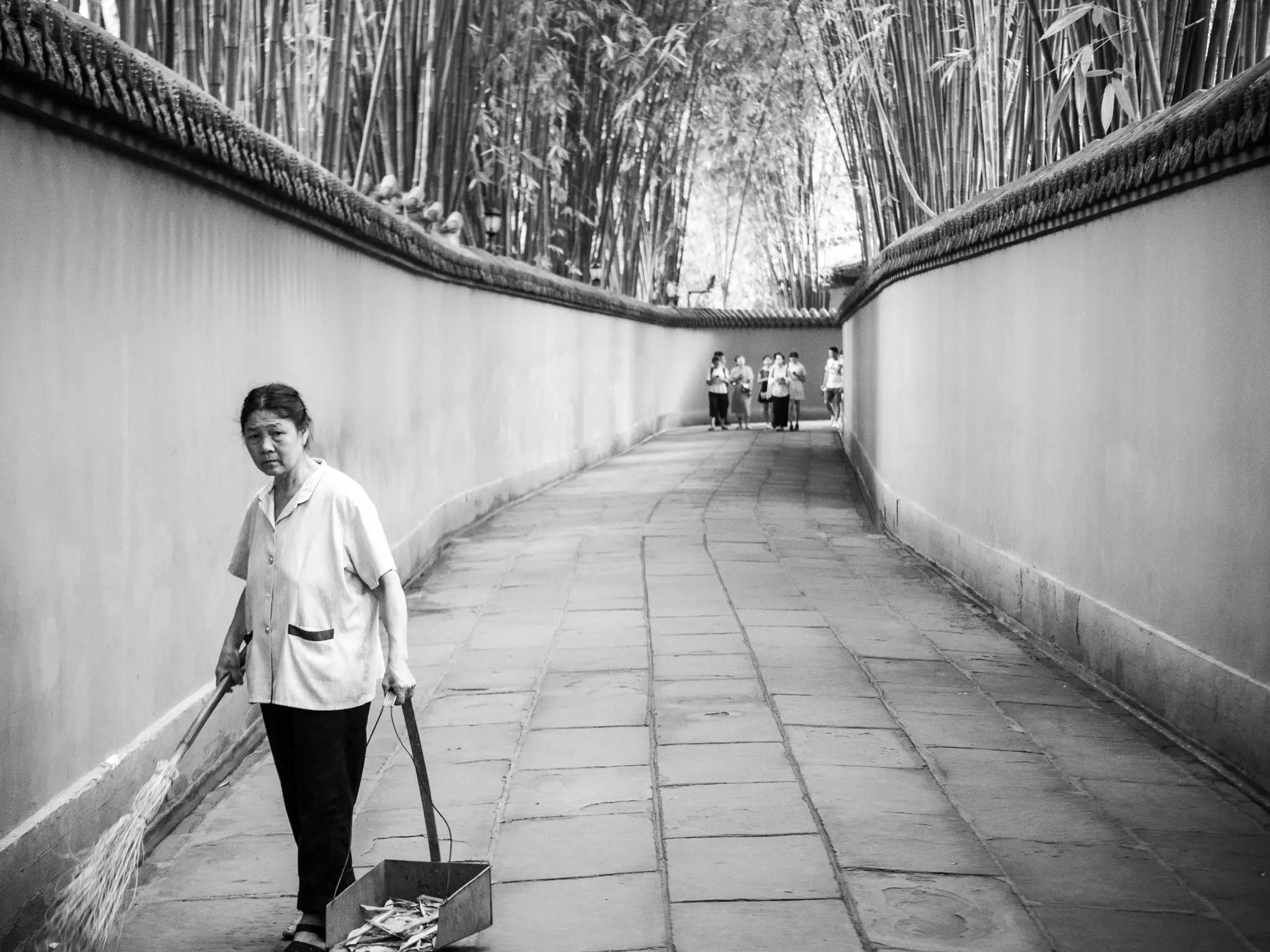
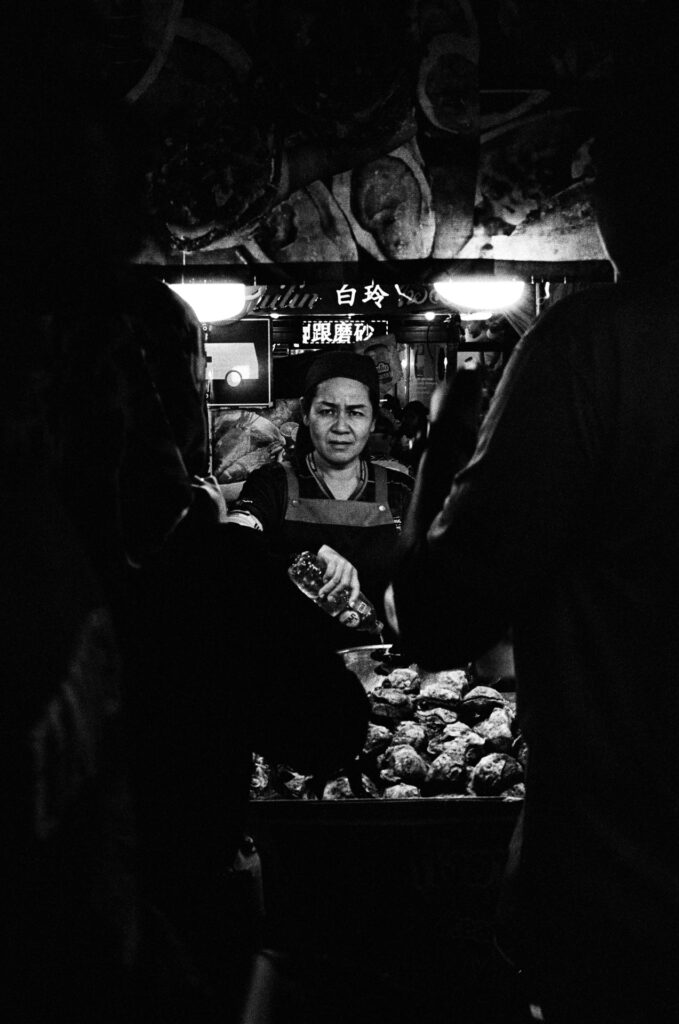
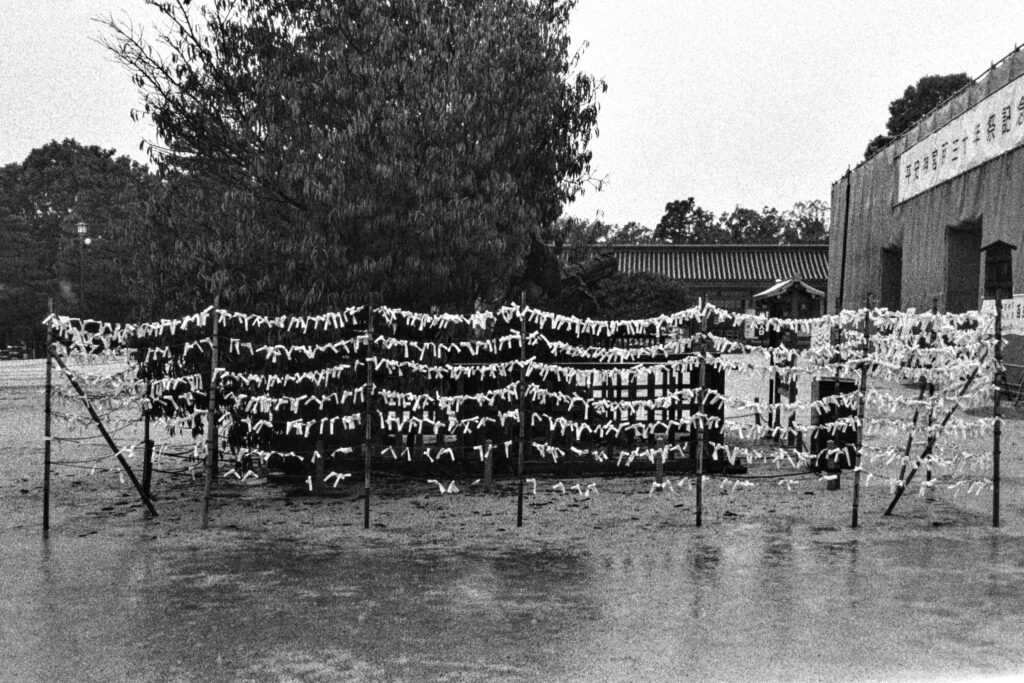
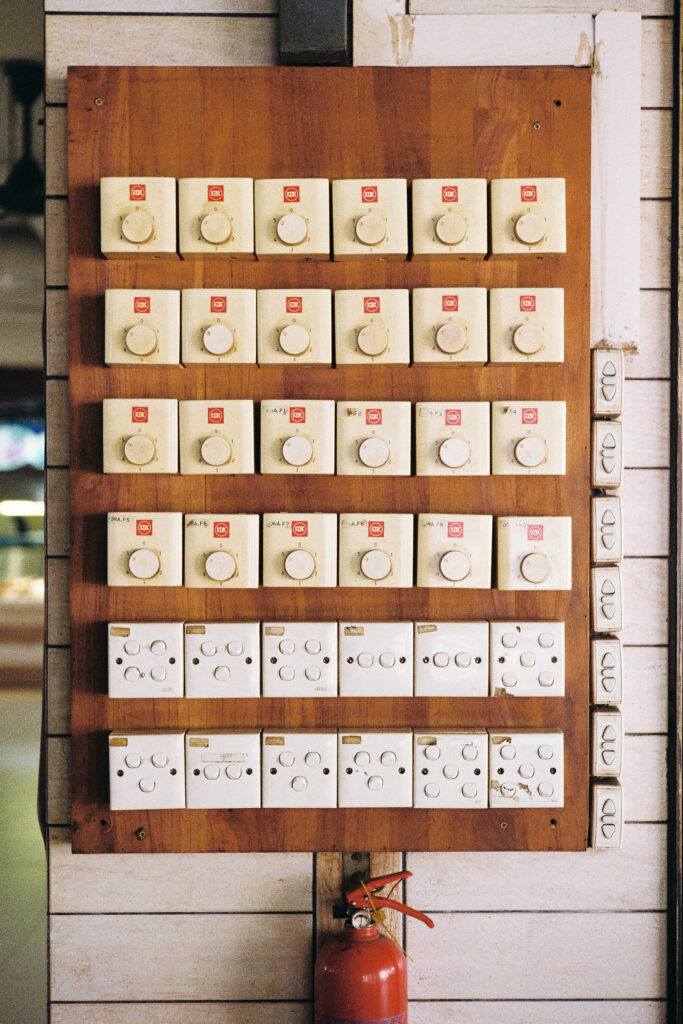
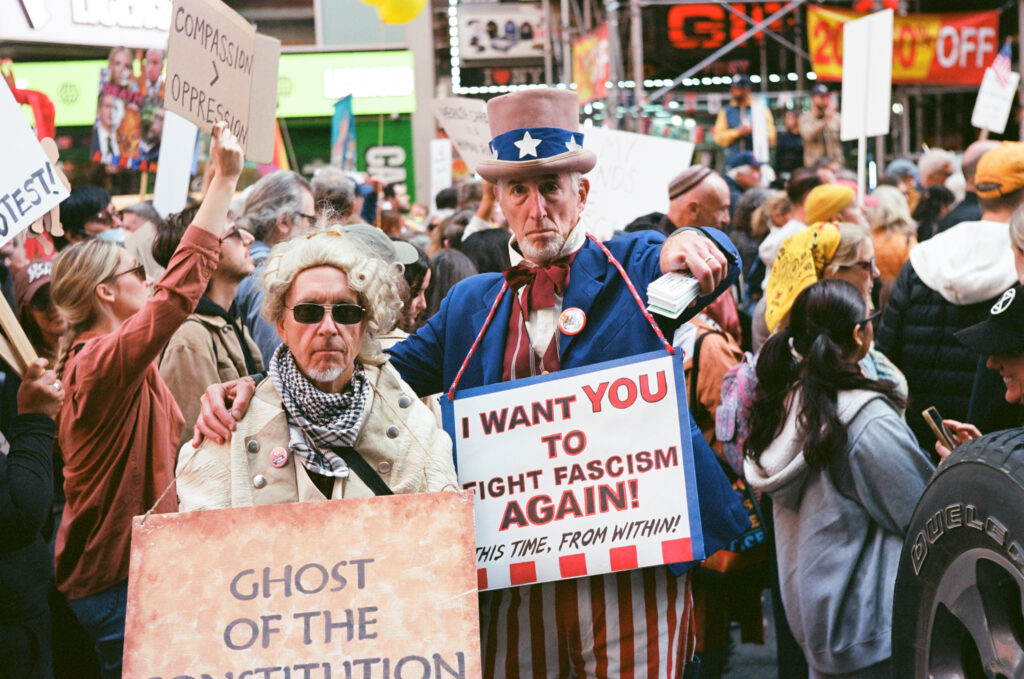




Comments
Ricardo Zamarripa on The Photos Not Taken – by Frank H. Wu
Comment posted: 12/07/2018
This was a pleasure to read. I enjoyed your argument for ethics always being present in our photographic endeavors. I have been waved off and am sensitive to people not having heir picture taken and I respect their wishes and feel guilt for invading their privacy. I don't regret missing the shot and eventually I'm happy with myself for not overstepping their boundaries. The current street confrontational and "raw" street photography movement will only make people more hesitant when they see someone with a camera. just my opinion. Enjoy your G2 and try an old Barnack, proper exposure is overrated.
Daniel Castelli on The Photos Not Taken – by Frank H. Wu
Comment posted: 12/07/2018
Unless you are attempting blatant voyeuristic or 'up skirt' style of shooting, you can snap away. It is a first amendment right, not a privilege.
'Barney Fife' style security guards hold no police powers. They can't take away your film or media card. The operate on intimidation and a person's lack of knowledge of rights & law. Just stay on public property. If you enter private property, the situation becomes more murky.
Buskers are operating under the same rights you have. Playing for money in a public space? Snap away.
If you are hesitant to shoot on the street because of shyness or fear, then find benign subjects to photograph. Street photography is edgy, involves a bit of aggressive attitude (Bruce Glidden is the extreme) and quick reflexes. Not everyone can do it. But, on the other hand, I'm just plain terrible doing landscape photography. I like to look at well made photos, but I just don't see in the same way as these photographers; I don't have the patience.
I've shot on the street for 45 years and only twice have I been confronted. We must not allow the current racist, homophobic & nationalistic fever in the US prevent us from exercising our rights. To stop working is to give in to the fear.
Comment posted: 12/07/2018
Wayne on The Photos Not Taken – by Frank H. Wu
Comment posted: 13/07/2018
Michael on The Photos Not Taken – by Frank H. Wu
Comment posted: 14/07/2018
Unless you're photographing government buildings or state/federal property, no one has the right to tell you to move on or do anything to you. They do try tho. Know your rights and state those rights back to wannabe cops aka security guards. Some don't even know that they're in the wrong legally. They mostly do what they do because of the orders by the employer or their own inflated ego because their job is boring as hell but think they're somebody.
Aivaras on The Photos Not Taken – by Frank H. Wu
Comment posted: 14/07/2018
William on The Photos Not Taken – by Frank H. Wu
Comment posted: 14/07/2018
Thanks for the story. Gives you reason to stop and think before you press the shutter.
Daniel Castelli on The Photos Not Taken – by Frank H. Wu
Comment posted: 15/07/2018
I have used the blank roll of film switch-r-roo in Paris, of all places.
Great responses from commentators.